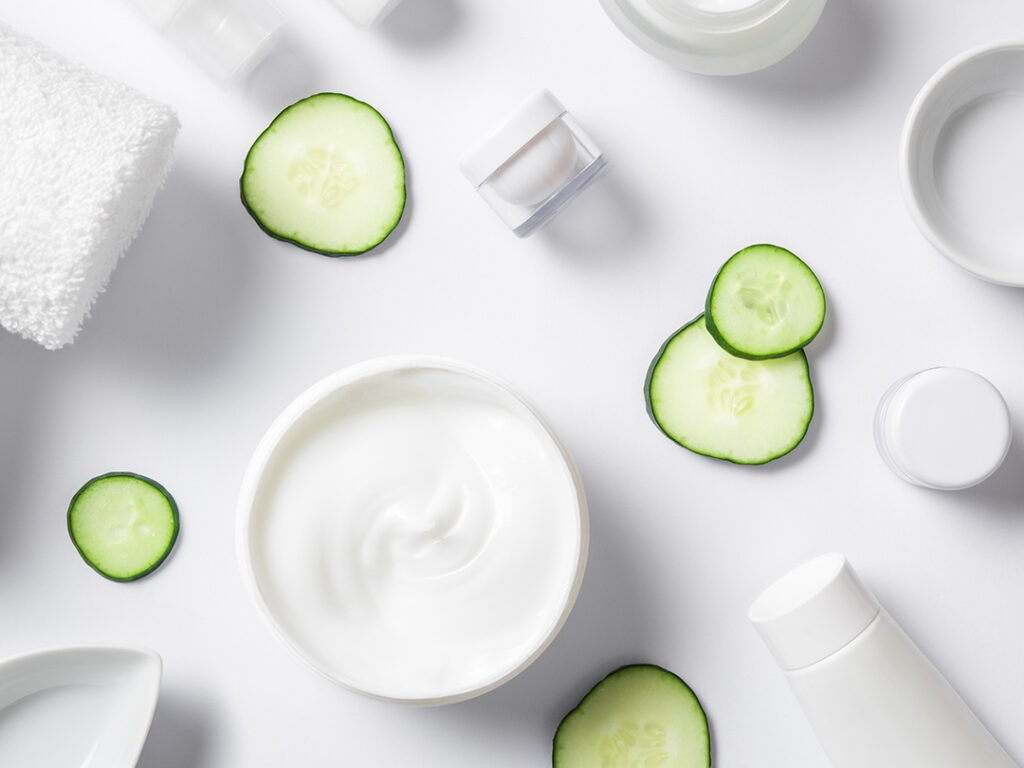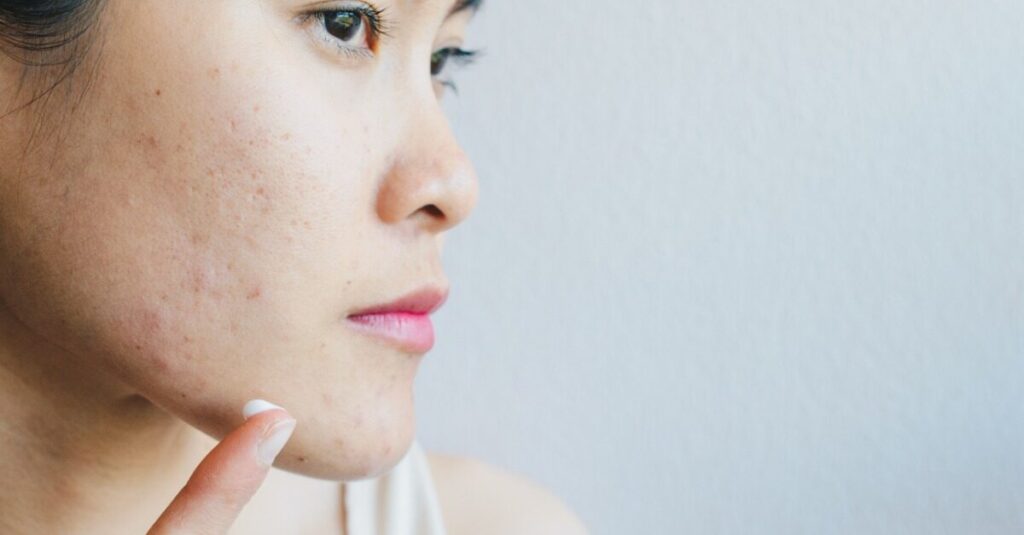Introduction: Clearing the Air in the World of Skincare
With so many beauty influencers, viral TikTok trends, and endless product recommendations, it’s no surprise that skincare advice often feels confusing—or downright wrong. You’ve probably heard that oily skin doesn’t need moisturizer or that sunscreen is only for sunny days. But how much of this information is actually true?
To help you separate fact from fiction, we’re diving deep into the biggest skincare myths and what dermatologists really want you to know. Because when it comes to achieving healthy, glowing skin, education is just as important as exfoliation.
Why Understanding Skincare Myths Matters
Before we dive into the myths, here’s why it’s crucial to debunk them:
- Wrong advice can damage your skin or worsen existing conditions.
- Misinformation leads to wasted money on products that don’t work—or aren’t necessary.
- True skincare knowledge empowers better routines and smarter product choices.
Now, let’s bust some myths and set the record straight.
Myth #1: Oily Skin Doesn’t Need Moisturizer

The truth: Even oily skin types need hydration.
Dermatologists emphasize that oily skin can still be dehydrated. When your skin lacks moisture, it can overproduce oil to compensate, making the problem worse.
Better approach:
- Use lightweight, oil-free moisturizers.
- Look for ingredients like hyaluronic acid or glycerin for hydration without greasiness.
Myth #2: You Don’t Need Sunscreen on Cloudy Days or Indoors
The truth: UV rays can penetrate clouds and windows.
Sunscreen is a daily essential—even when it’s overcast or you’re inside near a window. UVA rays, which contribute to premature aging and skin cancer, are always present.
Derm-approved tip:
- Apply broad-spectrum SPF 30 or higher every morning.
- Reapply every 2 hours if you’re exposed to light or outdoors.
Myth #3: Natural Products Are Always Better for Your Skin

The truth: “Natural” doesn’t always mean “safer” or more effective.
While natural ingredients like aloe or chamomile can be soothing, others—like essential oils or citrus—can irritate sensitive skin. Meanwhile, many synthetic ingredients are rigorously tested and dermatologist-approved.
Smart skincare tip:
- Focus on ingredients and how your skin reacts—not the marketing buzzwords.
- Patch test new products, whether natural or synthetic.
Myth #4: You Should Feel a Tingling or Burning Sensation for Products to Work
The truth: Tingling often means irritation—not effectiveness.
Some believe a slight burn means the product is “doing something.” In reality, that feeling may indicate your skin barrier is being compromised, especially with exfoliants or active ingredients.
What dermatologists recommend:
- Opt for gentle formulas, especially if you have sensitive or acne-prone skin.
- If a product causes discomfort, stop using it and consult a dermatologist.
Myth #5: Acne Is Only a Teenage Problem

The truth: Adult acne is extremely common.
Many adults in their 20s, 30s, and even 40s deal with breakouts caused by stress, hormones, and environmental factors. Thinking acne is only for teenagers can delay proper treatment.
Best practices:
- Use non-comedogenic products.
- Incorporate salicylic acid or benzoyl peroxide under the guidance of a professional.
- Don’t be afraid to visit a dermatologist—adult acne deserves medical care too.
Myth #6: You Can Shrink Your Pores
The truth: Pore size is genetic, and no product can permanently shrink them.
While some treatments can reduce the appearance of pores by clearing out buildup, you can’t actually change their size.
What you can do:
- Use exfoliants like BHA (salicylic acid) to keep pores clear.
- Incorporate retinol to improve skin texture over time.
- Use sunscreen to prevent pores from enlarging due to sun damage.
Myth #7: The More Products, the Better
The truth: Overloading your routine can do more harm than good.
Using too many actives or layering too many serums can confuse your skin and lead to irritation or breakouts.
Keep it simple:
- Cleanser
- Moisturizer
- Sunscreen (AM)
- Optional treatments (retinol, vitamin C, etc.)
Dermatologists often say that consistency with a basic skincare routine is more beneficial than jumping from trend to trend.
Myth #8: Darker Skin Tones Don’t Need Sunscreen
The truth: Melanin offers some protection—but not enough.
While melanin does provide a natural SPF of about 13, it doesn’t shield against all forms of UV damage. People with darker skin tones are still at risk of hyperpigmentation, sunburn, and skin cancer.
What to do:
- Choose a sunscreen that leaves no white cast—look for mineral or gel formulas.
- Apply generously every morning and reapply as needed.
Myth #9: Exfoliate Daily for Smooth Skin
The truth: Over-exfoliation can damage your skin barrier.
Too much exfoliation—especially with scrubs or strong acids—can lead to redness, dryness, and breakouts.
Exfoliation tips:
- 1–3 times per week is enough for most skin types.
- Alternate between physical and chemical exfoliants with caution.
- Watch for signs of irritation and scale back if needed.
Myth #10: Drinking Water Alone Will Give You Clear Skin

The truth: Hydration is essential—but it’s not a magic cure.
Drinking water supports overall health, but it won’t clear acne or eliminate dryness on its own. Topical hydration and barrier support are still needed.
Hydrate wisely:
- Drink water consistently.
- Use moisturizers with ingredients like ceramides, hyaluronic acid, and squalane.
What Dermatologists Really Want You to Know About Skincare
Let’s summarize what skin experts stress over and over again when it comes to skincare:
- There are no shortcuts or one-size-fits-all routines.
- Sunscreen is your best defense against aging and skin damage.
- Consistency matters more than expensive products.
- Minimal routines often yield better results than complicated ones.
- Your skin changes with age, hormones, environment, and stress—adapt accordingly.
With so many voices in the skincare space, the best path forward is to seek evidence-based advice and listen to what your skin is telling you.
Conclusion: Let Science Guide Your Skincare, Not Myths
The world of beauty is filled with loud marketing and catchy buzzwords, but smart skincare is grounded in facts, not fads. Don’t let viral trends or age-old myths determine how you treat your skin.
By understanding the truth behind these common misconceptions, you can create a thoughtful routine that delivers real results—without the noise. Whether you’re a skincare newbie or a seasoned enthusiast, trust science, listen to dermatologists, and be gentle with your skin.
